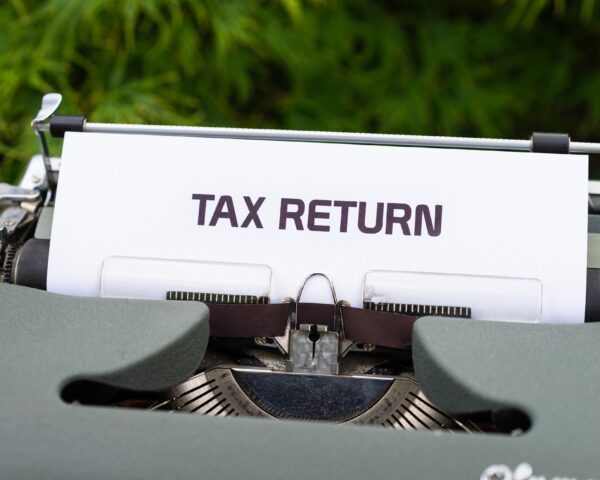As a nation, we’ve been talking about the potential business impact of Brexit for several years now. But with the 31 December deadline for finalising the UK’s exit from the European Union (EU) growing nearer, it’s vital that your business starts to plan for the coming Brexit changes.
As the situation currently stands, the prospect of a ‘no-deal Brexit’ is becoming increasingly likely. This would mean the UK leaving the EU trading block without any meaningful trade deal in place – and this will have a significant impact on how you do business with Europe.
The need for clear planning and contingencies
Without a deal being agreed with the EU, the detail around how business will work in the post-Brexit landscape remains sketchy. The Government has yet to agree on the exact terms of our exit and, as such, there’s very little clarity around HOW your business will trade with other European countries come 1 January 2021.
This lack of clarity is creating uncertainty for many UK businesses, especially those that currently have a trading relationship with overseas European nations. As such, there’s a pressing need to plan NOW, so you’re ready to deal with a possible no-deal scenario.
Key areas that will be affected include:
- Importing goods into the UK – If you import goods or services from an EU member state, how this works is going to change. With no trade agreement, the processes for value added tax (VAT), customs and excise duties and the licenses required to import goods will all become more complex, more time-consuming and more costly.
- Exporting goods from the UK – Likewise, if your UK company exports goods/services to the EU, there will be implications on the rules for customs and excise, where and how you collect and pay VAT and the logistics of how you transport your goods across the UK border to other European nations – even if this is as close by as Northern Ireland.
- Travelling to the EU – if you regularly travel to other European countries for business purposes, the pre-Brexit freedom of travel will soon be reduced. You’ll need visas if you’re travelling for work and will need to check the details on your passport, insurance and overseas healthcare provision.
- Living and working in the EU – if you’re a UK citizen, but currently living and working in an EU member state, you’ll need to check what work visas and paperwork are needed for you to continue residing and working in this country.
- Staying in the UK if you’re an EU citizen – if you’re an EU citizen and living and working in the UK, you’ll need to check what work visas, permits and paperwork are needed for you to continue making a living in the UK.
It’s also important to factor in the loss of any EU funding or subsidies that you currently receive, as well as the impact on the licenses you use, copyrights and patents you own, the transfer of personal customer data and the overriding logistics of getting your goods to and from the EU.
Talk to us about getting ready for Brexit
With the details of our EU trading relationship still so thin on the ground, there’s a real imperative for your business to scenario plan, take proactive action and get ready for change.
PennyBooks can help you review your finances and run through the scenarios, as well as examining the potential sticking points around VAT, customs and excise, and import and export duties etc.









